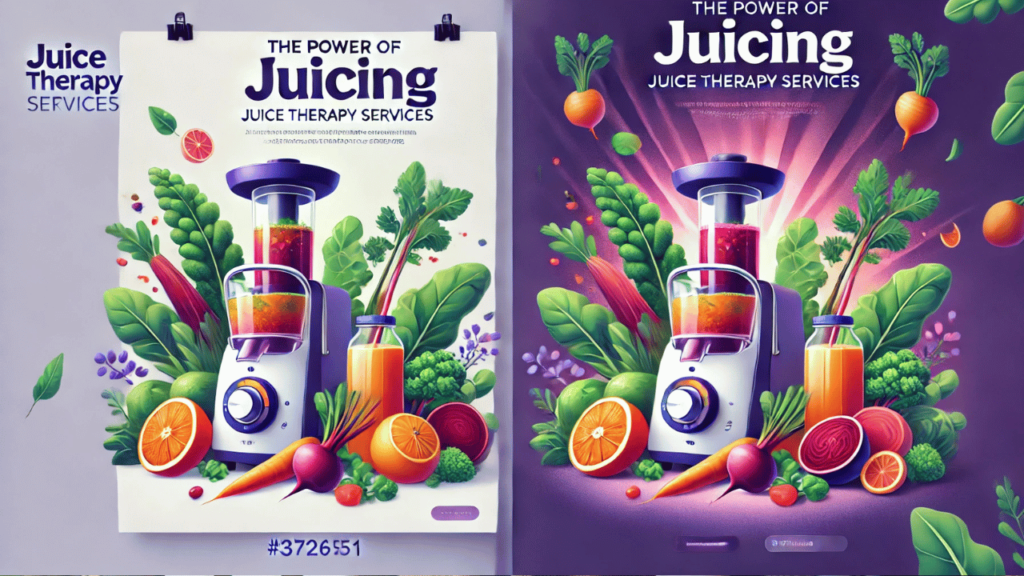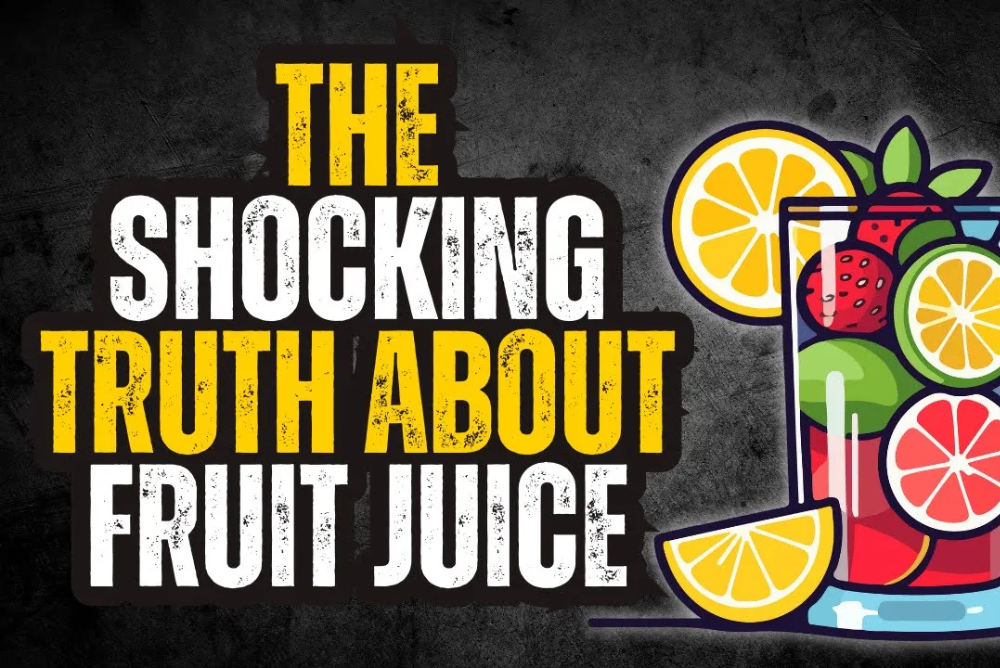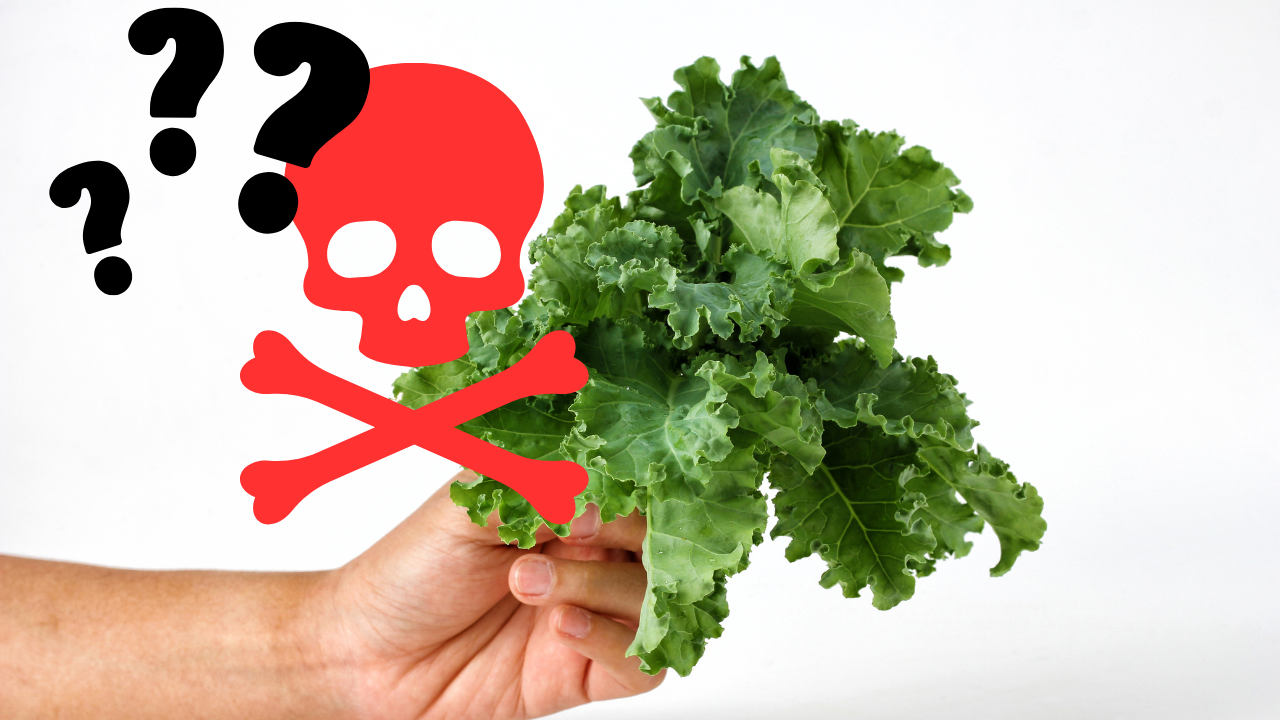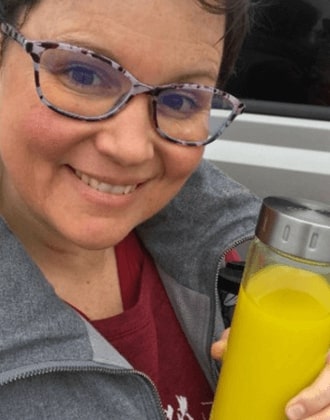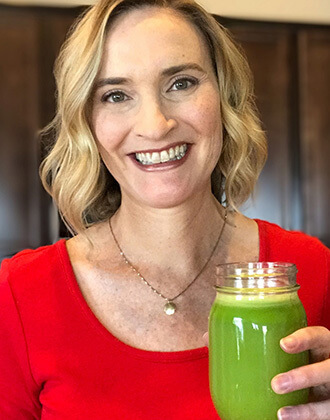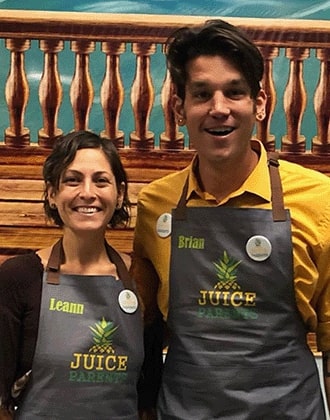A certified juice therapist uses therapeutic juices to improve health. This article covers what it means to be one, the benefits, and how to get certified. It is also important to obtain a business license and other necessary permits before starting a juice business.
Key Takeaways
Become a Certified Juice Therapist to turn your passion for health into a fulfilling career, offering flexible opportunities in various settings.
Gain essential skills through practical experience and comprehensive training, ensuring you can effectively support clients in their wellness journeys.
Invest in marketing your services and continuing education to enhance credibility, attract clients, and stay updated with industry trends.
What is a Certified Juice Therapist?
A Certified Juice Therapist is a professional who uses the power of fresh juices to enhance overall health and wellness. They enhance clients’ health knowledge and behaviors through therapeutic juices without diagnosing or claiming to cure conditions. They use scientific research to inform clients about health and wellness best practices.
Accreditation from reputable organizations like the Complementary Medical Association lends significant credibility to Juice Therapy certification. This role guides clients in healthier lifestyle choices, promoting wellness through the nutritious power of fresh juices.
Benefits of Becoming a Certified Juice Therapist
Pursuing a career as a Certified Juice Therapist offers numerous benefits. It allows individuals to align their passion for health with their professional life, creating a fulfilling career path. Juice Therapists can operate flexibly, offering their services in various settings such as wellness centers, gyms, private practices, and even juice bars.
The opportunities for Certified Juice Therapists are diverse. They can engage in private practice, group coaching, retreats, juice bars, and speaking engagements. This flexibility not only allows for a dynamic career but also empowers therapists to create a positive ripple effect in their communities, enhancing the health and happiness of those around them. Fitness enthusiasts are a key target market for juice therapists, emphasizing the need for tailored nutrition guidance and product offerings. Certification also increases credibility and offers proven marketing systems, aiding in client base growth.
The certification program teaches the benefits of juicing, which aid in weight loss, increased energy, and managing health conditions like diabetes. Institutions like the Juice Guru Institute offer dual certification in Juice Therapy and Holistic Health, further enhancing the practitioner’s qualifications and marketability.
Practical elements like marketing tools and ready-made business materials in the curriculum equip new practitioners to establish and succeed in their juicing business.
Steps to Becoming a Certified Juice Therapist
Becoming a Certified Juice Therapist involves choosing the right certification program, completing coursework, and gaining practical experience. The Juice Guru Institute offers the only program that grants dual certification in Juice Therapy and Holistic Health, making it a popular choice for aspiring juice therapists.
Completion typically takes around five weeks, enabling a quick entry into the juicing business. Certified juice therapists can immediately start seeing clients, offering services like private coaching, workshops, and therapeutic juice sales, generating quick income. It is crucial to obtain proper licensing to sell juice and ensure compliance with legal requirements to operate legally and successfully.
Additionally, participants gain access to a supportive community of fellow practitioners for ongoing collaboration and learning.
Choose the Right Certification Program
Selecting the right certification program is crucial in becoming a Certified Juice Therapist. The Juice Guru Institute, dual-accredited by the Complementary Medical Association (CMA) and the American Association of Drugless Practitioners (AADP), ensures a reputable and credible certification program.
Complete Required Coursework
The coursework in Juice Therapy programs is designed to provide comprehensive knowledge and skills. It includes lessons on the therapeutic effects of various juices on specific health issues, ensuring you can help clients effectively. Students also learn various juicing techniques, which are integral to the practice and effectiveness of juice therapy. Learning about cold-pressed juices and focusing on this technique can differentiate a juice business in the market, aligning with consumer health trends and the growing demand for cold-pressed juice products.
Nutrition science is a significant part of the coursework, covering dietary principles and the essential vitamins and minerals found in juices. Additionally, practical coursework helps develop client consultation skills, emphasizing effective communication and understanding client needs.
This coursework is vital for anyone serious about a career in juice therapy.
Gain Practical Experience
Gaining practical experience is vital for building the expertise and assurance needed to excel as a juice therapist. Internships allow the application of theoretical knowledge, mentorship from experienced professionals, and insight into the profession’s day-to-day realities.
Workshops and supervised practice sessions provide hands-on training, enabling practitioners to refine juicing techniques under expert guidance. This practical experience is invaluable and helps ensure that you are well-prepared to start your career in juice therapy.
Essential Skills for a Juice Therapist
To succeed as a Juice Therapist, several essential skills are required. Effective communication is essential to convey nutritional information clearly and help clients understand the benefits of therapeutic juices. A personalized approach is vital since each client has unique health goals and needs.
Hands-on experience, often gained through workshops, is integral to mastering juicing skills and providing tailored dietary recommendations. Additionally, this role allows for career flexibility, enabling therapists to choose their working hours and client engagement methods.
Honing these skills allows you to significantly influence your clients’ well-being and support their health goals.
Juice Therapy for Specific Health Conditions
Juice therapy can be tailored to address specific health conditions, providing a natural and holistic approach to wellness. By understanding the unique needs of each condition, juice therapists can create personalized juice recipes that promote healing and balance. This personalized approach ensures that clients receive the maximum benefits from their juice therapy sessions, addressing their specific health concerns with targeted nutritional support.
Juice Therapy for Skin Health and Beauty
Juice therapy can be a powerful tool for achieving healthy and radiant skin. By incorporating juices rich in antioxidants, vitamins, and minerals, individuals can support skin health and reduce the appearance of fine lines and wrinkles. Some key ingredients for skin health include:
Leafy greens like kale and spinach: These are rich in antioxidants and vitamins A and K, which help to protect the skin from damage and promote a youthful appearance.
Berries like blueberries and raspberries: High in antioxidants and vitamin C, these fruits help to combat free radicals and support collagen production, leading to firmer, more elastic skin.
Citrus fruits like oranges and grapefruits: Rich in vitamin C and flavonoids, these fruits help to brighten the skin and reduce inflammation, promoting a clear and glowing complexion.
By incorporating these ingredients into their juice recipes, juice therapists can help clients achieve healthier, more radiant skin.
Juice Therapy for Gut Health and Digestion
A healthy gut is essential for overall wellness, and juice therapy can play a key role in supporting digestive health. By incorporating juices rich in probiotics, fiber, and digestive enzymes, individuals can promote a balanced gut microbiome and alleviate symptoms of digestive disorders. Some key ingredients for gut health include:
Fermented vegetables like kimchi and sauerkraut: These are rich in probiotics and fiber, which help to support a healthy gut microbiome and improve digestion.
Leafy greens like kale and spinach: High in fiber and antioxidants, these greens help to promote regular bowel movements and reduce inflammation in the digestive tract.
Citrus fruits like oranges and grapefruits: Rich in vitamin C and flavonoids, these fruits help to support the production of digestive enzymes and promote a healthy gut lining.
By incorporating these ingredients into their juice recipes, juice therapists can help clients achieve better digestive health and overall wellness.
Juice Therapy for Immune System Support
A strong immune system is essential for fighting off illness and disease, and juice therapy can provide a natural boost to immune function. By incorporating juices rich in vitamins, minerals, and antioxidants, individuals can support immune system health and reduce the risk of illness. Some key ingredients for immune system support include:
Citrus fruits like oranges and grapefruits: High in vitamin C and flavonoids, these fruits help to boost the immune system and reduce inflammation.
Berries like blueberries and raspberries: Rich in antioxidants and vitamin C, these fruits help to protect the body from free radicals and support immune function.
Leafy greens like kale and spinach: Rich in antioxidants and vitamins A and K, these greens help to support the immune system and promote overall health.
By incorporating these ingredients into their juice recipes, juice therapists can help clients achieve a stronger immune system and better overall health.
Creating Juice Recipes and Formulations
Creating effective juice recipes and formulations requires a deep understanding of the therapeutic properties of various fruits and vegetables. By combining ingredients in a way that maximizes their health benefits, juice therapists can create personalized juices that address specific health needs. This process involves not only selecting the right ingredients but also understanding how they interact and complement each other to enhance their therapeutic effects.
Understanding the Science of Juice Therapeutics
Juice therapeutics is a complex field that requires a deep understanding of the biochemical properties of various fruits and vegetables. By studying the science behind juice therapeutics, juice therapists can create effective juice recipes and formulations that promote healing and balance. Some key principles of juice therapeutics include:
The importance of using fresh, organic ingredients: Fresh, organic ingredients maximize nutritional content and ensure that the juices are free from harmful pesticides and chemicals.
The role of enzymes, vitamins, and minerals: These nutrients are essential for promoting health and wellness, and understanding their functions helps in creating effective juice recipes.
The use of specific ingredients to address specific health conditions: For example, using ingredients rich in probiotics for digestive health or antioxidants for skin health.
By understanding the science behind juice therapeutics, juice therapists can create personalized juices that promote healing and balance, and support overall health and wellness. This knowledge allows them to tailor their juice recipes to meet the unique needs of each client, ensuring the best possible outcomes.
Marketing Your Juice Therapy Services
Effective marketing of Juice Therapy services is crucial for building a successful juice business. Understanding your target audience helps tailor marketing strategies that resonate with their health aspirations. Creating a unique value proposition that connects health and taste can help your business stand out in the competitive wellness industry.
A strong online presence with a user-friendly website and engaging social media is essential for attracting customers. Influencer marketing can significantly enhance your brand’s reach by utilizing trusted voices in the health community. Effective marketing combines various channels, such as social media and local partnerships, to enhance brand visibility. Regularly gathering and acting on feedback from returning customers can also help improve products and services.
Customer retention is key to long-term profitability. Customer loyalty programs can incentivize repeat purchases and strengthen customer relationships. Personalized communication with existing customers enhances loyalty and encourages repeat purchases, which often account for a substantial portion of total sales.
By focusing on both attracting new customers and retaining existing ones, you can start growing a thriving juice therapy business.
Tools and Equipment for Juice Therapists
Running a successful juice bar or juicing business requires the right tools and equipment. A commercial juicer is essential for efficient and high-quality juice production. Blenders, commonly needed in juice bars, prepare smoothies and add variety to your menu.
Additional equipment includes ice machines, multi-compartment industrial sinks, and preparation tables made of stainless steel. Consider refrigeration options based on your menu size and fresh produce needs.
High-volume operations benefit from commercial dishwashers and hand sinks for maintaining cleanliness and hygiene. Drying racks for air-drying containers and equipment after washing are also useful.
Finally, Point of Sale (POS) systems are essential for processing orders and managing transactions efficiently.
Client Management and Retention
Building strong client relationships is essential for a successful practice as a Juice Therapist. Offering loyalty programs can help create a loyal customer base for your juice business. Collaborating with local businesses can further enhance client retention by creating a sense of community and mutual support.
Understanding your target market and tailoring services to meet their needs is crucial for maintaining and growing your client base. Regular client engagement and exceptional service help ensure loyalty and satisfaction.
Continuing Education and Advanced Certifications
Continuing education keeps certified juice therapists updated on new techniques, trends, and nutrition research. Advanced courses and specialized certifications enhance a juice therapist’s credibility and career opportunities.
Ongoing education refines skills and adapts to the evolving wellness industry. Stephanie Leach, for instance, published her first book as a health coach, attributing part of her success to her Juice Guru certification.
Investing in continuing education keeps you at the forefront of the industry, enabling you to provide the best possible service to clients.
Success Stories of Certified Juice Therapists
Success stories of Certified Juice Therapists are truly inspiring. Many graduates have built meaningful careers in health and wellness, moving away from traditional 9-5 jobs. The rapidly expanding wellness industry provides numerous opportunities for those entering the field.
Babette Davis, for example, transformed her restaurant business and gained celebrity status after completing her program at Juice Guru Institute. Sarah Verlinde’s sales, similarly, increased by 400% after her certification, turning her side hustle into a full-time business.
These stories showcase the potential of a career in juice therapy and the positive impact it can have on your life and the lives of others.
Summary
Becoming a Certified Juice Therapist is a rewarding journey that aligns your passion for health and wellness with a fulfilling career. From choosing the right certification program and completing coursework to gaining practical experience and marketing your services, each step is crucial for success.
By honing essential skills, investing in the right tools and equipment, and continuing your education, you can build a thriving juice therapy business. The success stories of Certified Juice Therapists highlight the potential of this career, inspiring you to take the next step and transform your life through the power of juice therapy.
Frequently Asked Questions
What is a juice therapist’s salary?
Juice therapists can earn a salary that ranges widely, with hourly rates typically from about $35 to $52. With dedication, there’s potential for even greater earnings—believe in your journey!
What juice is best for healing?
Pomegranate juice stands out as excellent for healing due to its high anti-inflammatory properties, while beet juice is also a powerful choice packed with health benefits. Incorporating these juices into your diet can support your body’s healing process effectively!
What is a Certified Juice Therapist?
A Certified Juice Therapist harnesses the power of fresh juices to boost your health and wellness through essential nutrients. It’s an empowering way to support your wellbeing naturally!
What are the benefits of becoming a Certified Juice Therapist?
Becoming a Certified Juice Therapist offers a fulfilling career with flexible work settings and diverse opportunities that enhance your credibility while allowing you to make a positive impact in your community. Embrace this path to transform lives, including your own!
What steps are involved in becoming a Certified Juice Therapist?
To become a Certified Juice Therapist, choose a reputable program, complete the necessary coursework, and gain practical experience. Take these steps confidently, and you’ll be well on your way to helping others thrive!



